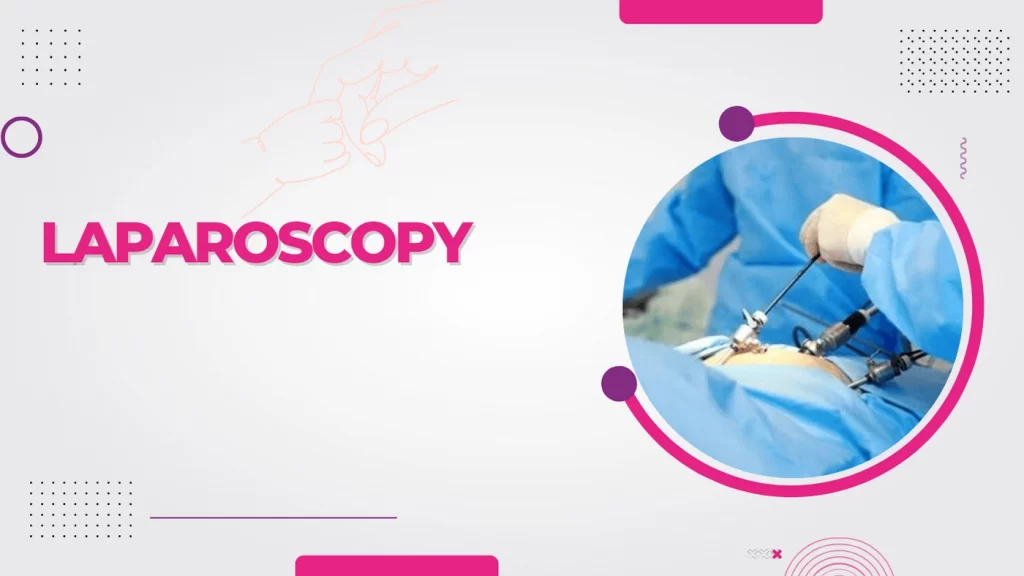
Laparoscopy is a surgical method for direct visualization of abdominal cavity. Its a extremely valuable tool in assessing the cause for difficulty in conception. At the same time, its a method of choice for treatment of a number of pathologies which hamper the fertility chances. Laparoscopy is very helpful in detection and managing the infertility conditions.
Indications for laparoscopy:
- Assessing tubal patency and cannulation of tubes in case of blockage
- Diagnosing and correcting uterine anomalies
- Removal of ovarian cysts like endometrioma, dermoid
- Removal of uterine masses like fibroids, adenomyomas.
- Evaluation of pelvic cavity in case of unexplained infertility, endometriosis staging, removal of ectopic pregnancy.
- Removal of damaged tubes like hydrosalpinx, pyosalpinx
Laparoscopy enhances the chances of conception by diagnosing and correcting some pelvic abnormalities which can be otherwise missed during routine fertility related investigations.
Laparoscopy is done under general anesthesia after overnight fasting with appropriate bowel preparation. It is done by two or three port ( 5mm to 10mm size) incision through abdomen for passage of camera and instruments. The patient is usually discharged on the same day of the surgery and is suggested to take rest for atleast 2-3 days.
Advantages of laparoscopy are minimally invasive, effective, speedy recovery and safe. Complications of laparoscopy are rare but include infections, injury to adjacent organs, anesthesia related complications.